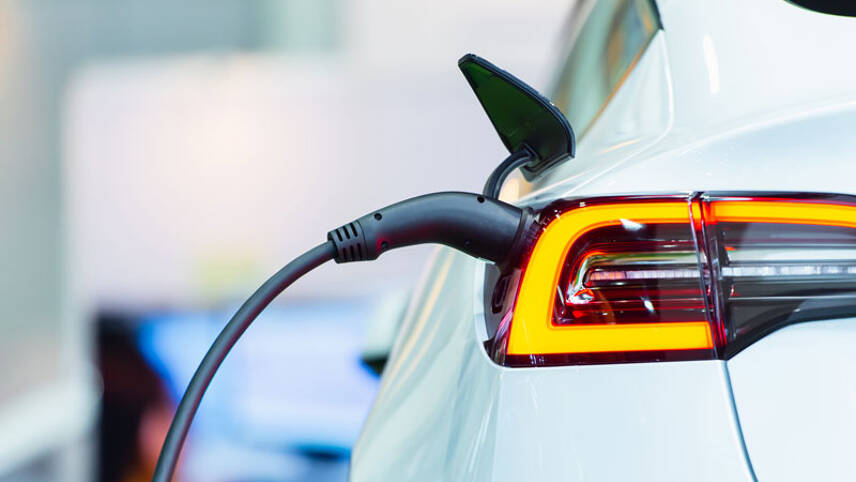Register for free and continue reading
Join our growing army of changemakers and get unlimited access to our premium content

The funding comes from a mix of government and industry sources and is intended to support the transition to deliver net-zero emission vehicles.
The latest funding round marks the tenth anniversary of the APC. Since its launch, the APC has invested more than £1.4bn into automotive projects.
The funding will support four projects through APC’s Collaborative Research and Development (CR&D) initiative plus seven key feasibility studies and five scale-up projects through the Automotive Transformation Fund (ATF).
APC chief executive officer Ian Constance said: “This latest announcement includes a diverse set of original equipment manufacturers (OEMs) and suppliers that demonstrate the strength of UK automotive.
“They will further add to our portfolio of innovative projects and continue to drive the UK to deliver on its net-zero ambition.”
The CR&D funding winners
One of the four businesses that will benefit from the multimillion-pound investment under the APC’s Collaborative Research and Development Initiative is Aston Martin. It is working to accelerate the development of a luxury battery electric vehicle (EV) platform including vehicle lightweighting, a digital toolchain, and electrification training.
Yasa, another successful applicant, is focusing creating an innovative combined electric propulsion and handling system which aims to revolutionise existing EV architecture standards and bring a new level of electrified performance.
The third winner, Gestamp’s Autotech Engineering R&D UK, is leading a consortium on a project to create new design methodologies, processes, and materials for a reduced embodied carbon footprint in product designs.
Lastly, Perkins, the British engine maker, a subsidiary of Caterpillar, is developing a hydrogen-hybrid integrated power system for off-highway vehicles.
These projects are estimated to safeguard more than 4,700 jobs in the UK and could result in savings of 65 million tonnes of CO2 over the next decade.
Scale-up projects funding winners
As part of the funding package, the ATF will grant £11.3m to five projects through SuRV (Scale up Readiness Validation) competition, while providing funding to seven projects through the ATF Feasibility Studies competition.
The projects include Helix’s work to scale-up of high power-density and scalable electric motor platforms; Green Lithium Refining’s effortsto build a lithium scale-up plant in Teesside; and Advanced Electric Machines’ workto establish an efficient, scalable UK-based manufacturing process for sustainably produced traction motor systems.
Other successful applicants include Geothermal Engineering, which is working to extract lithium from the United Downs Industrial Park in Cornwall, and Ilika Technologies, which is developing solid-state batteries for EVs.
The other projects encompass Geothermal Engineering (to install Direct Lithium Extraction at the United Downs Industrial Park in Cornwall) and Ilika Technologies (to accelerate the scale-up of Ilika’s solid state battery technology).
Feasibility studies funding winners
The seven projects and companies funded through round four of the Feasibility Studies competition are:
- Gaussion (magneto-enhancement technology for solid-state batteries)
- Talga Anode UK (assessing the feasibility of production of anode materials from recycled graphite)
- Altilium (developing a sustainable solution for the safe transportation and discharging of end-of-life EV batteries).
- Strip Tinning (studying the feasibility of investing in very high-volume manufacturing of Cell Contacting and Management System)
- Greenroc Mining (producing anode material for EV batteries from graphite concentrate from the Amitsoq Graphite Project in southern Greenland)
- Cornish Lithium (exploring the lithium resources in grounds and their environmental impacts)
- Aberdeen Minerals (accelerating the low-carbon production of cathode raw materials from Northeast Scotland)


It would be interesting to hear of the development of the recycling of the rare metals and other materials that are increasing in use, but scarce in the Earths’ crust.
I would believe that there is a big potential industry here.